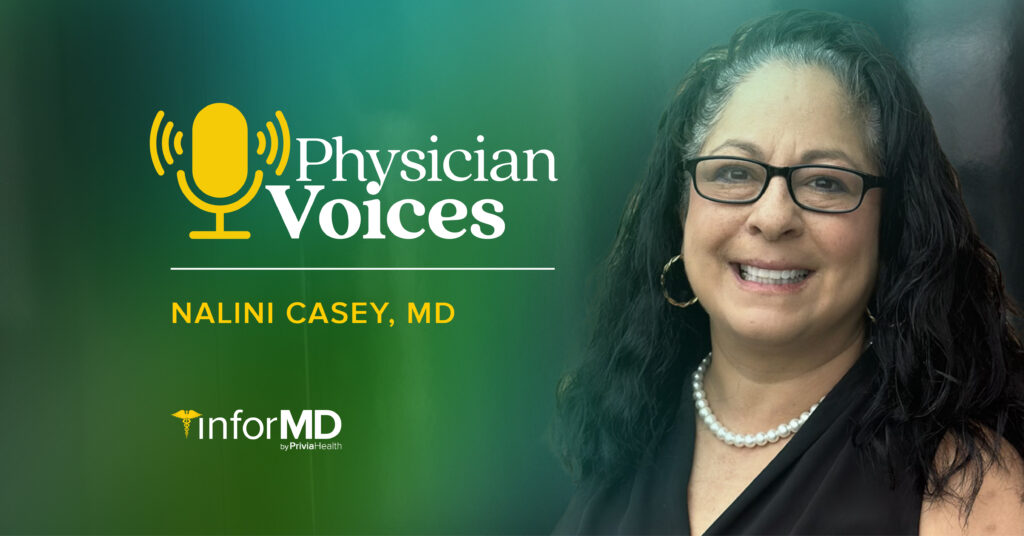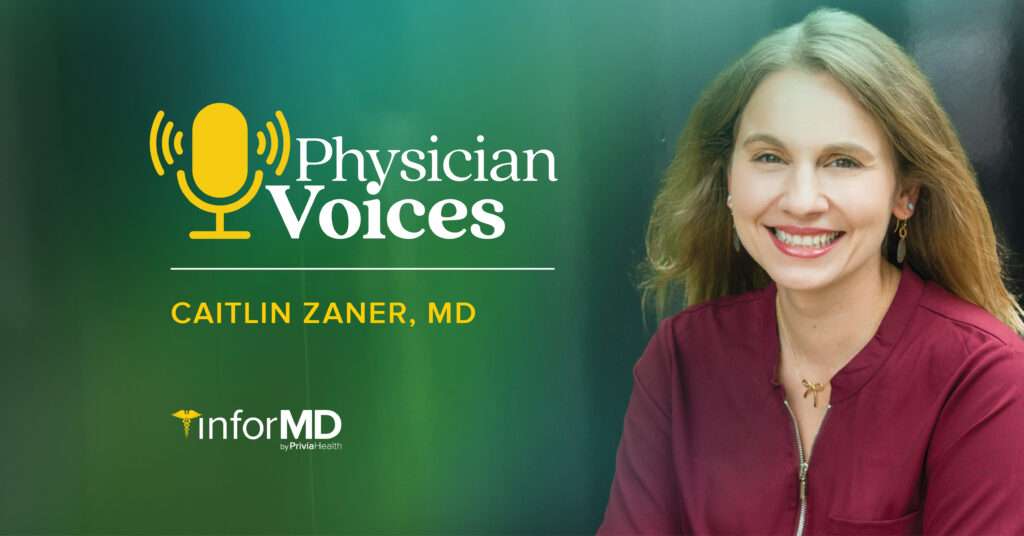Tune in to our podcast to hear Nalini Casey, MD, discuss how switching practices with the help of Privia enabled her to flourish as a pediatrician.
Tag Archives: mental health
Tune in to our podcast to hear Caitlin Zaner, MD, discuss how improving pediatric mental health may benefit lifelong outcomes to drive value-based care.
The clinical voice and patient outcomes can be far stronger when women’s health physicians band together to form a collaborative.
Integrating behavioral health with primary care can lead to better patient outcomes — but how does this fit into value-based care? Keith Fernandez, MD, Chief Clinical Officer, discusses the factors, technology, and governance medical groups should consider to maximize the benefits of comprehensive care.
A recent survey found that the majority of American adults have experienced mental health concerns. However, the data also noted increased comfortability with discussing mental health, seeking care, and using teletherapy. What do these findings mean for the future of telehealth and employers?
Despite the circumstances created by the COVID-19 pandemic, the overall suicide rate in the U.S. decreased in 2020 compared to 2019. While these results are optimistic, physicians should continue to screen patients for depression and suicidal ideation.
In October 2021, several leading pediatrics organizations declared the rate of mental health conditions in children and adolescents a national emergency. Studies show that collaborative care models in the pediatric setting may provide better care and improve outcomes.
A new study shows that millennial patient attitudes are changing when it comes to mental health: one, mental health impacts physical health; and two, they feel more comfortable seeking help. Healthcare clinicians can expect to see more requests for behavioral health services in the near future due to COVID-19.
How might physicians’ determination to deliver excellent patient care, especially during the uncertain times of COVID-19, increase burnout? Joseph DeVeau, MD, draws from his experiences and extensive research to explore how we might redefine “excellence” to combat this perplexing problem and better support providers.
Exposure to conflicting information about the COVID-19 pandemic has been one of the key causes of acute depressive symptoms and other mental health illnesses. Primary care physicians can clear up misconceptions during visits with their patients to help.


















